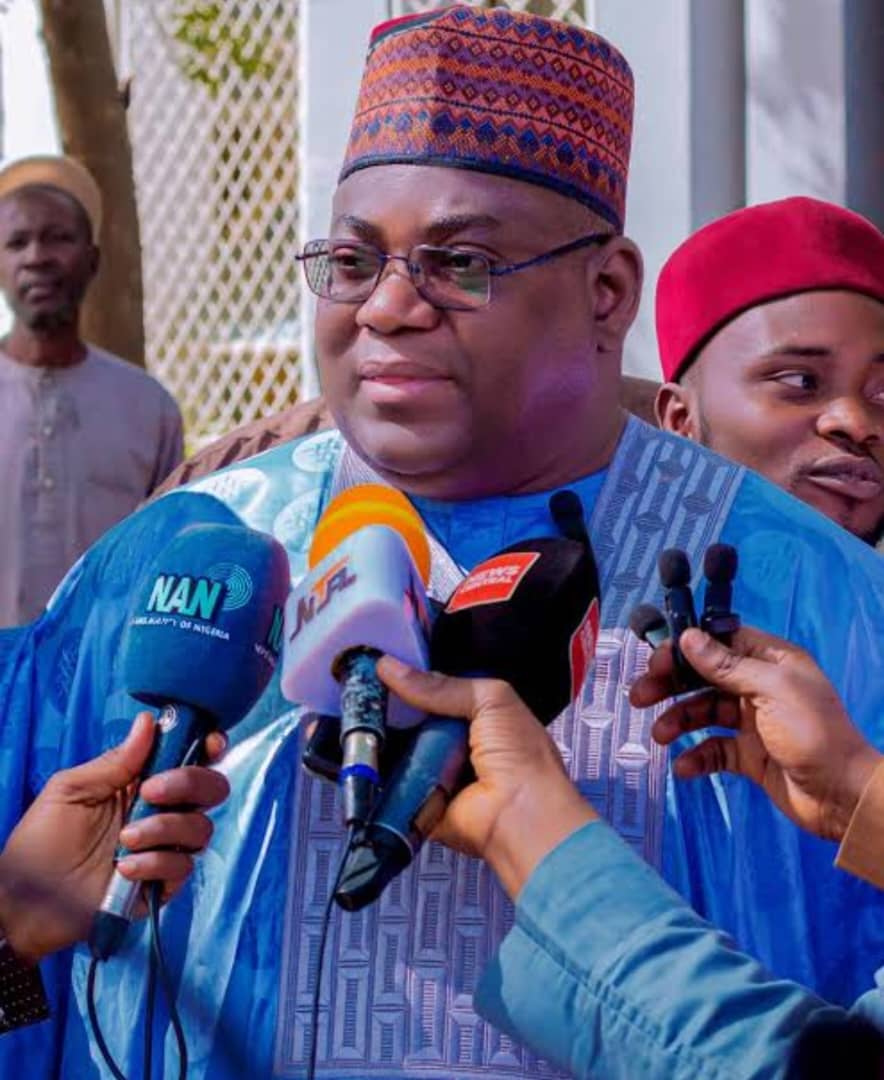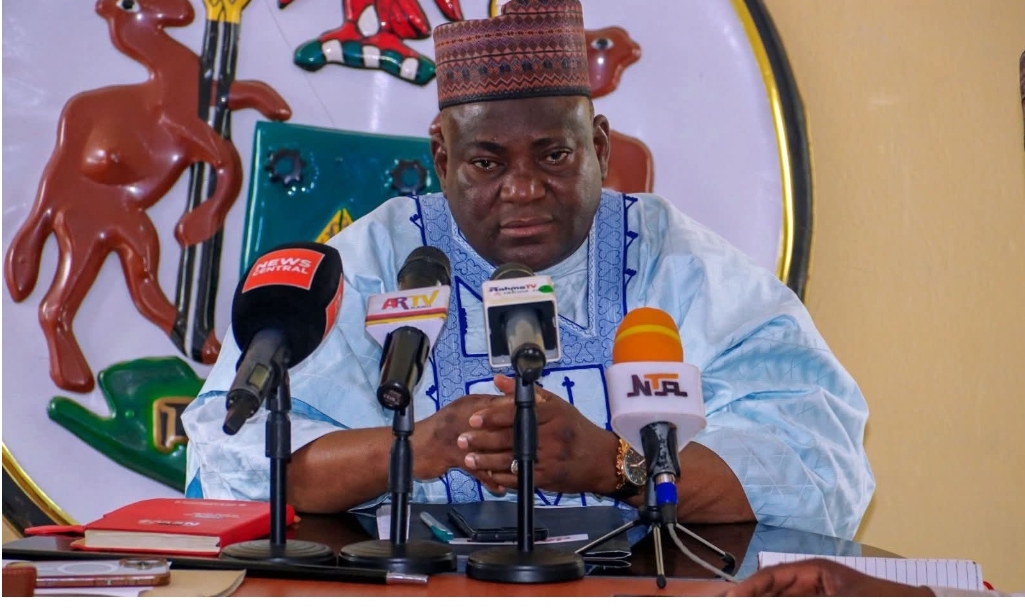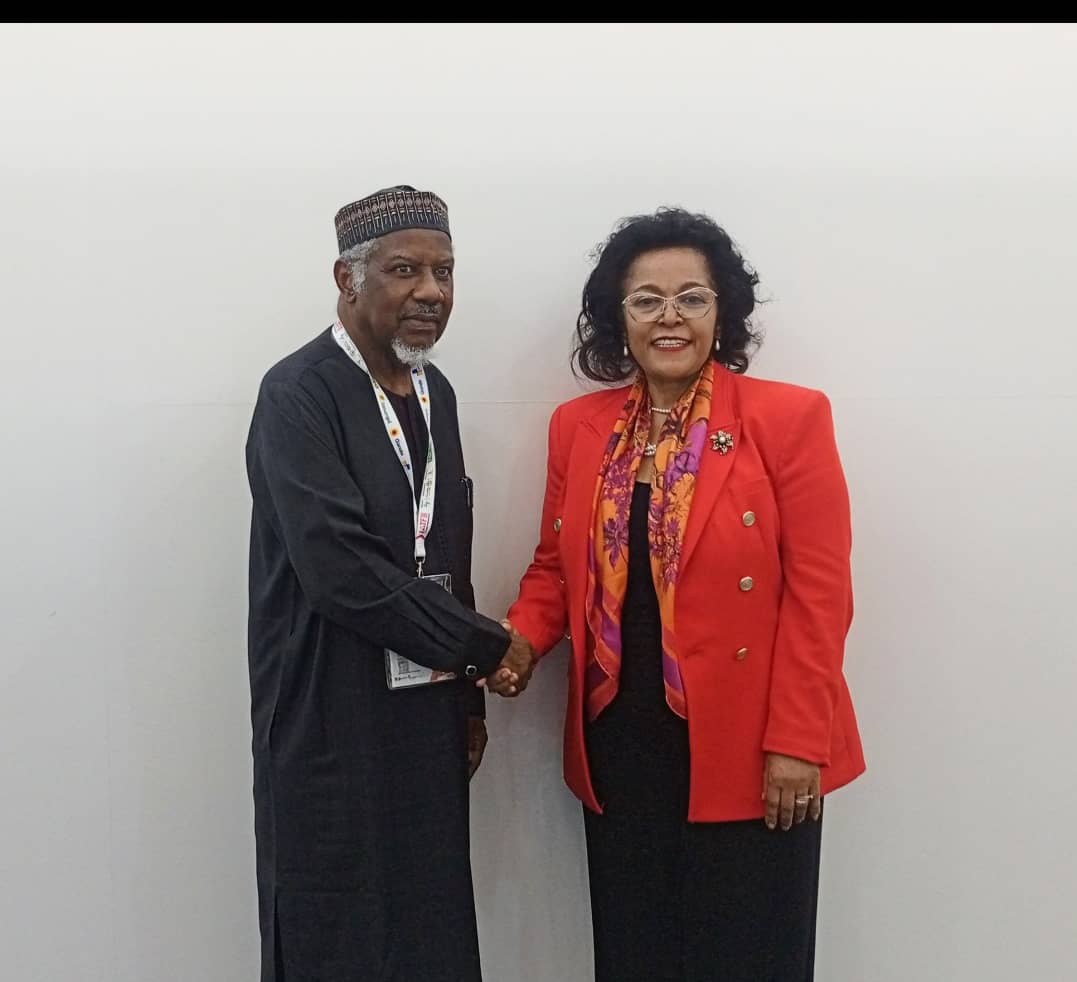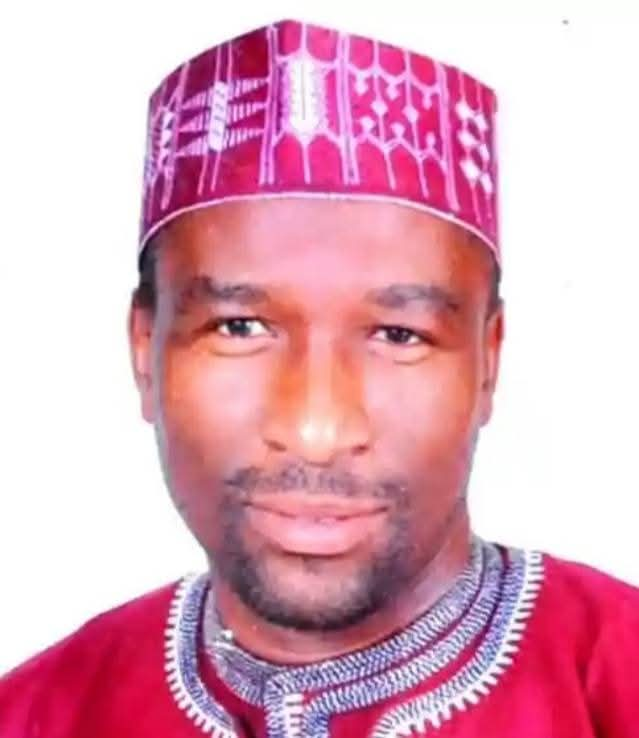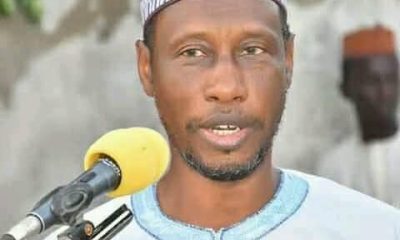The spectacle of chief executives struggling to defend their budget performance and proposals before their respective committees at the National Assembly is not merely an administrative hiccup; it is a glaring symptom of a deeper malaise—one rooted in poor leadership, systemic incompetence, and the insidious creep of corruption. These hearings, intended as a crucial exercise in accountability and transparency, frequently reveal a disturbing pattern of unpreparedness, misrepresentation, and a fundamental lack of understanding of budgetary principles. When chief executives, individuals entrusted with the stewardship of vast public resources, falter under scrutiny, it casts a long shadow of doubt over the integrity of the institutions they lead and the effectiveness of the government as a whole.
The core issue lies in the failure of leadership. A truly effective chief executive, regardless of the complexity of their agency or the intricacies of their budget, should possess a clear vision of their organization’s goals and a meticulous understanding of their financial obligations. They should be able to articulate, with precision, how resources were utilized, why specific priorities were chosen, and what the tangible impact of those investments has been. When confronted with probing questions, such leaders should be able to offer well-supported answers, backed by detailed documentation and a transparent accounting of their actions. However, the frequent spectacle of evasive responses, vague explanations, and a lack of clear supporting evidence indicates that these fundamental leadership qualities are sorely lacking. The inability to present a coherent and justifiable budget performance is not an indication of tough questions, but a reflection of a leadership that is either negligent in its duties or deliberately obscuring the truth.
Read Also: A Blaze of Inefficiency: How the Federal Fire Service Is Failing the Nation
Furthermore, these budgetary struggles expose deep-seated incompetence within the organizations. A robust and efficient institution has a well-defined process for budget preparation and execution, one that involves rigorous planning, meticulous record-keeping, and a strong system of checks and balances. When chief executives stumble over even basic budgetary details or are unable to justify discrepancies, it reveals a fundamental failure in internal processes. It underscores that the entire system, and not just the individual at the top, is ill-equipped to handle public resources responsibly. This speaks to a lack of trained personnel, an absence of proper financial protocols, and a general culture of mediocrity, all of which point to an agency that is not functioning at its optimal capacity and is likely not meeting its mandate.
Read Also: Gov. Yusuf Donates N100 million To Kantin Kwari Market Fire Victims
Beyond the issues of leadership and competence, the struggles of chief executives at budget defenses often reek of corruption. When inconsistencies in expenditure are glossed over with vague excuses, when inflated costs are justified with flimsy explanations, and when budgetary allocations seem to vanish into thin air, it raises serious suspicions of malfeasance. The lack of transparency and the consistent deflection of specific questions often indicate a deliberate attempt to conceal irregularities. This behavior erodes public trust, breeds cynicism, and reinforces the perception that public offices are seen as avenues for personal enrichment rather than platforms for service. The evasiveness of some chief executives, coupled with the committee’s discovery of fabricated details, underscores the pervasiveness of corruption and the lengths to which some will go to conceal it.
The budget defense process, therefore, is not merely a bureaucratic formality; it serves as a critical litmus test for the probity and efficiency of public institutions. The failure of chief executives to adequately defend their financial records speaks volumes about the ethical lapses, systemic deficiencies, and the absence of good governance within those entities. It highlights the urgent need for significant reforms, starting with the appointment of leaders with integrity and competence, establishing stronger internal controls, and fostering a culture of transparency and accountability. Until these fundamental changes are made, the spectacle of chief executives stumbling through budget defenses will continue to erode public trust and undermine the nation’s aspirations for progress and development.
US Mahmud Written from Kano State

